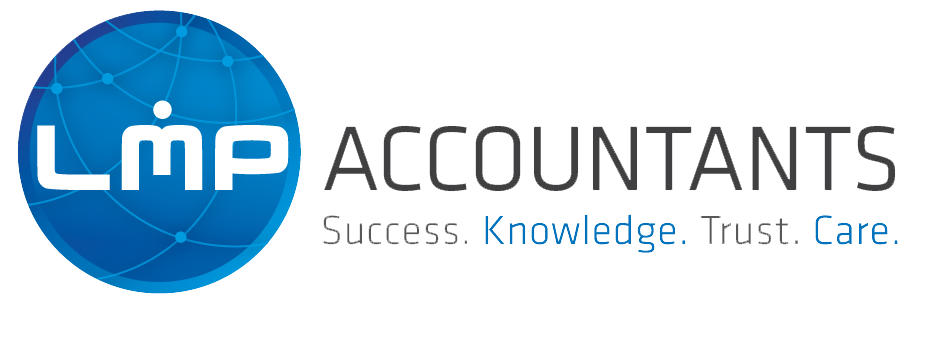The end of financial year is upon us again (yep sneaks up doesn’t it!). Are you ready? Have you considered what you can do to maximise your opportunities at this time of the year? There are many ways to take advantage of tax planning initiatives to manage taxable income.
We thought it would be timely to give you some things to think about.
$30,000 instant asset write off
The threshold for the instant asset write-off has been extended to 30 June 2020, and increased to $30,000.
It is also now accessible to small businesses with a turnover of $10 million to less than $50 million. Businesses with a turnover of up to $10 million can also claim a deduction for each individual asset purchased and first used or installed ready for use, up to the following:
$30,000 (from 2 April 2019 – 30 Jun 2020)
$25,000 (from 29 January – 2 April 2019)
$20,000 before 29 January
Just to clarify, this government initiative gives you an opportunity to reduce your taxable income by $20,000 - $30,000, not give you a tax refund of this amount.
If you need to upgrade or purchase new equipment or vehicles etc for your business, do it before 30 June!
Superannuation
Contributions to your superannuation must be received by your super fund within this financial year in order for them to be counted in the 2018/2019 financial year.
The key thing to remember here is that the key date is not when you make the contribution, but when it is received by your superannuation fund.
Don’t leave your contribution until 27 or 28 June this year as 30 June is a Sunday. If it isn’t received by your fund until the Monday then it won’t be counted as falling in this financial year.
You will also need to consider your superannuation contribution limits.
There are annual caps on how much you can contribute, so be sure to monitor your contributions across all your super policies. If you do go over your contribution caps you may be required to pay extra tax. Get in touch if you’re unsure what the caps are and if they affect you.
Deferring assessable income
The income you receive before services are provided is generally not assessed until the services have been provided. If you’re providing professional services you may want to think about rendering accounts after 30 June to defer the income to next financial year. Always check with your clients before doing this!
Business Tax Payers….
Take time to review all your outstanding debts before the end of the financial year and identify those who may not be able to pay their bills.
Check out if deductions are available on the disposal of a depreciating asset if you have stopped using it and never plan to use it again.
There are many other considerations for planning for the end of financial year, such as
Tax planning for companies
Consideration of trusts and review of trust deed
Tax changes for small businesses
Capital gains and negative gearing
Fringe benefits tax changes
Prepaying interest for tax deductibility
Please keep in mind though, that if you are planning to borrow money or refinance in the near future, lowering your taxable income may work against you.
With so many issues to consider, if you have questions around your end of financial year tax planning please get in touch and we can help you work on the best strategy for you.

